On-Farm Composting in New Jersey
Course: On-Farm Composting in New Jersey | Campus
-
Welcome
On-Farm Composting in New Jersey
This course serves New Jersey farmers interested in state certification. Completing this course and exam satisfies New Jersey Department of Agriculture and New Jersey Department of Environmental Protection requirements for farmers undertaking on-farm composting.
There are three motivations for NJ farmers to complete this course:
- new regulations require it for some operations
- you may be missing out on a business opportunity
- you can avoid long-run problems by implementing Best Management Practices now
This course comes to you from the Animal Science Program at Rutgers Cooperative Extension with help from the Rutgers Office of Continuing Professional Education. You can go anywhere in this course any time you want by using the Toggles below on this page.
- Marketing Your Manure -- Know who's buying what and why in the compost market.
- Recipe for Quality Compost -- If you don't understand the science of composting, you just have a stinking pile of dung.
- Tasty Compost? -- At the end of process, is your compost up to snuff? Read and understand the report the connoisseurs consult.
- Composting Site Selection & Protecting the Environment -- The guidelines will make your operation more efficient and safe.
- Mortality Composting -- This module features Jean Bonhotal, our friend, colleague, and composting guru from Cornell.
- New Jersey Rules for Composters -- Know and follow these rules if you are composting manure in NJ.
- Exam -- If you want credit for completing the course, answering these questions will show your mastery of the compost pile.
Not interested in becoming NJ certified? Please take a moment to check out our other On-Farm Composting course that covers all you need to know!
This program is brought to you by: Rutgers, The State University of New Jersey (Department of Animal Science and Office of Continuing Professional Education), the New Jersey Department of Environmental Protection, and the New Jersey Department of Agriculture. Copyright 2014.

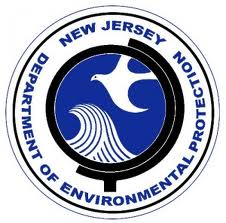
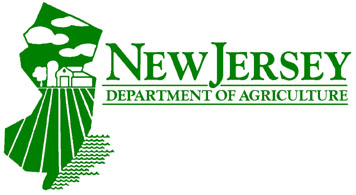
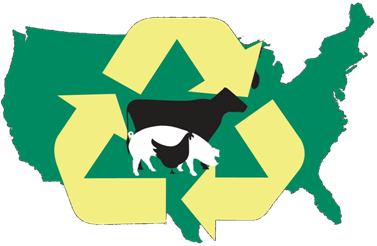
-
Open all
Close all
-
Instructions: Clicking on the section name will show / hide the section.
-
1
Section 1: Marketing Your Manure
- ToggleIf you're thinking about selling your compost, there are many factors you need to first consider. There are several markets to target, but it's important to find the right one for you. Think about your goals and how you want your compost to be used. You should also consider if you plan to target general use or organic use.
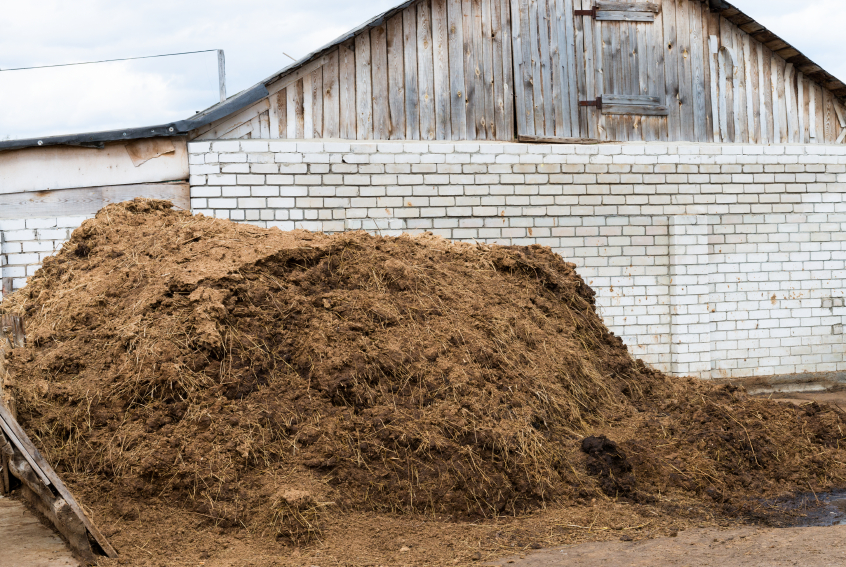
Click the link below to view the video, reading, and optional "learn more" resources for Section 1.
-
2
Section 2: Recipe for Quality Compost
- ToggleFarmers make their living understanding the needs of plants. Composters understand the needs of microbes doing the work inside the compost pile. Just like any good chef, they play with the key ingredients of a good compost recipe. Understanding the key ingredients in a compost recipe will help you to create quality compost and ace the exam at the end of this course.
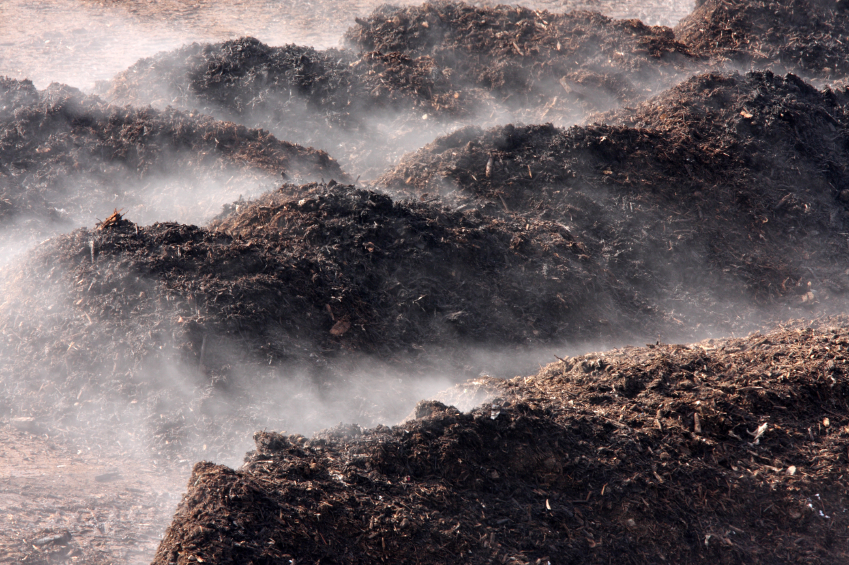
Click the link below to view the video, reading, and optional "learn more" resources for Section 2.
-
3
Section 3: Tasty Compost?
- ToggleBe sure to make your compost count, as customers want quality. They want to know how good your stuff is compared to others. Whether they're growing mushrooms, athletic fields or spectacular landscapes, they want the hard numbers on compost quality.
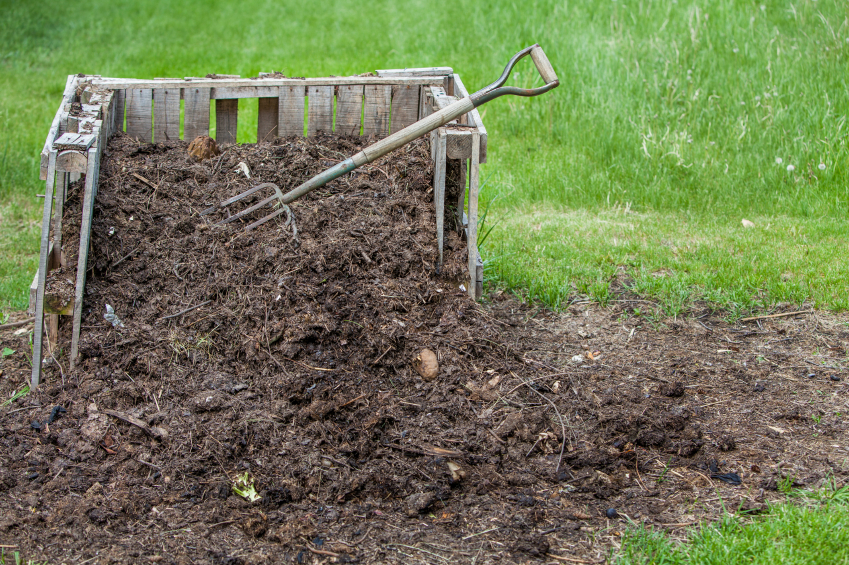

Click the link below to view the video and optional "learn more" resources for Section 3.
-
4
Section 4: Compost Site Selection and Protecting the Environment
- ToggleUsing the appropriate sites for your compost is key. The right site for your pile can help protect our environment.

Click the link below to view the video, reading, and optional "learn more" resources for Section 4.
-
5
Section 5: Mortality Composting
- ToggleEvery farmer must realize the animals on their farm won't live forever. It's a harsh reality for those who grow to love their animals. However, there are proper ways to dispose of your animal through composting.
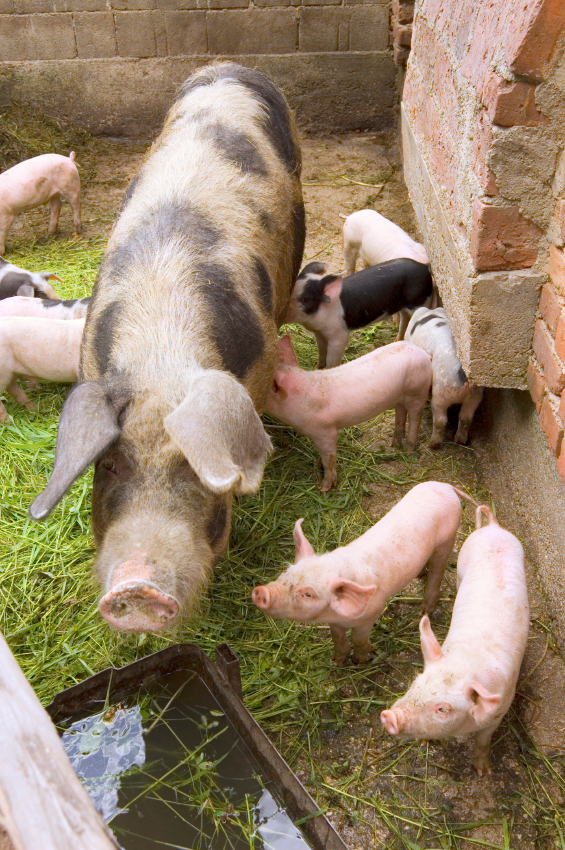
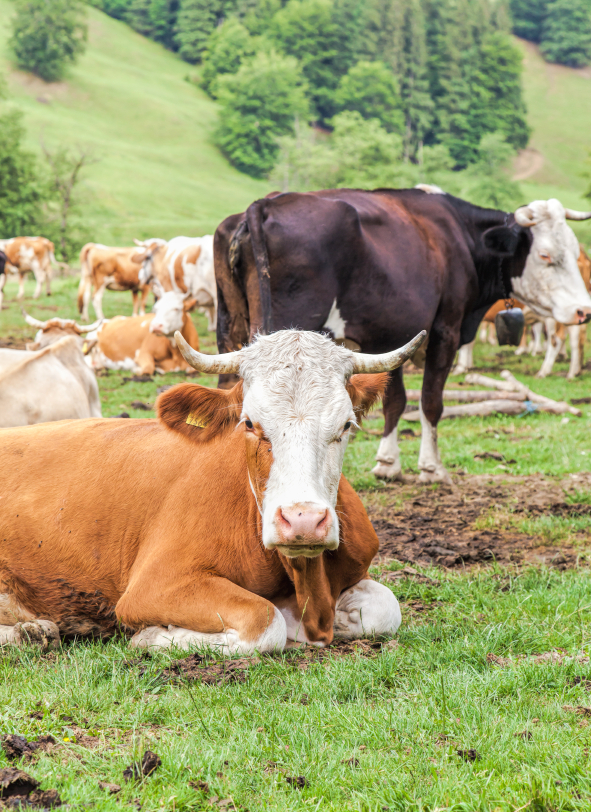
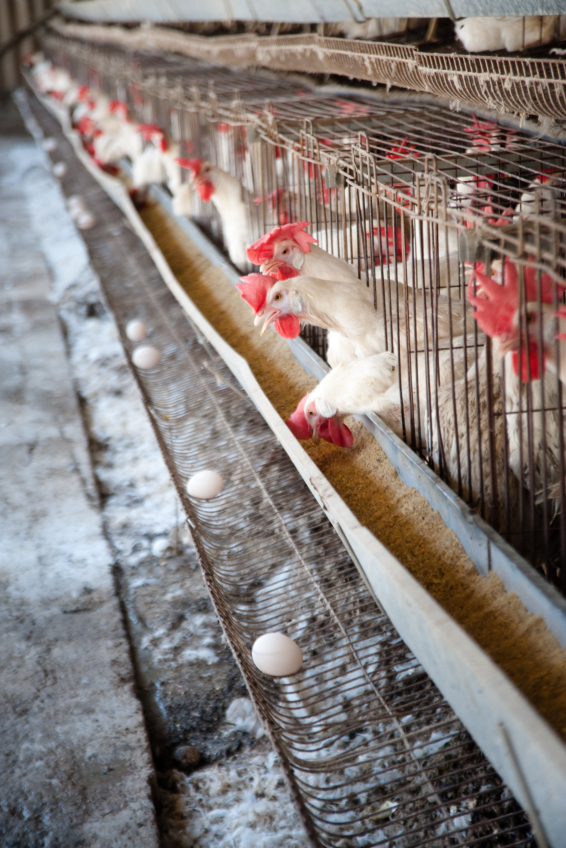
Click the link below to view the video, reading, and optional "learn more" resources for Section 5.
-
6
Section 6: New Jersey Rules for Composters
- ToggleEach state has rules for your compost operation. This section covers the rules and regulations specific to New Jersey. If you are not from New Jersey, you may want to complete the non-NJ version of this course.
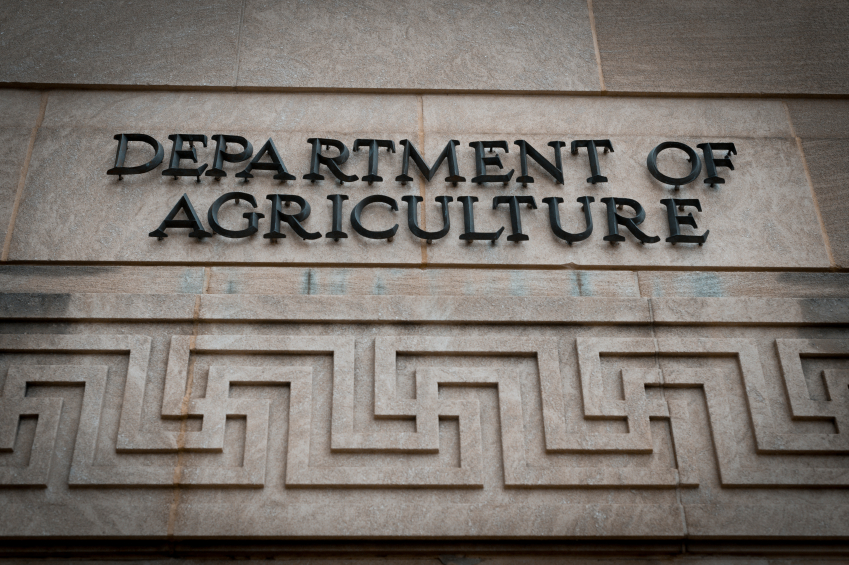
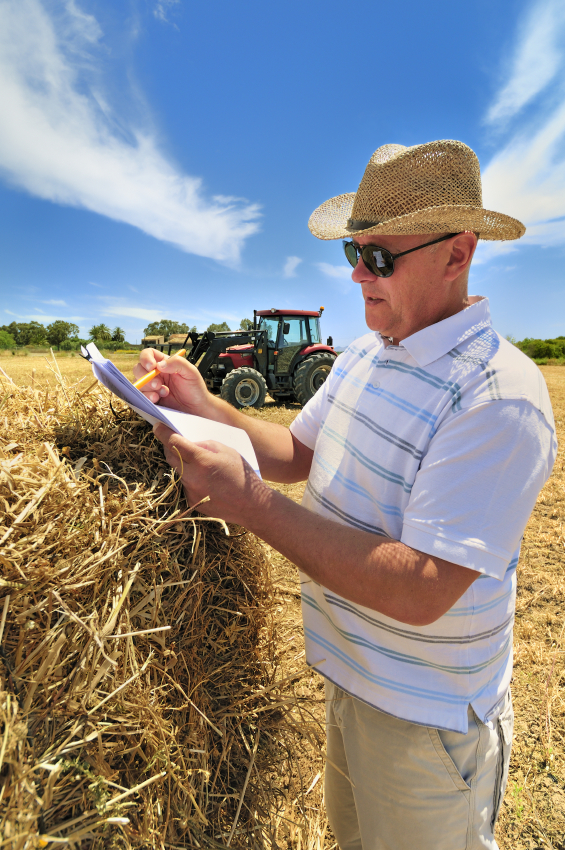
The New Jersey Department of Agriculture and New Jersey Department of Environmental Protection have rules that, depending on the size of your compost operation, may apply to you. It's important to understand these rules in order to pass the exam and receive your state certification.
Click the link below to view the video, reading, and optional "learn more" resources for Section 6.
-
7
Composting Glossary
- ToggleClick the link for "Glossary of Key Composting Terms," below, to review composting terms.
This Glossary is reprinted with permission from On-Farm Composting Handbook (NRAES-54). ©1992 by NRAES (Natural Resource, Agriculture, and Engineering Service). All rights reserved. For more information, please contact PALS Publishing, (607) 255-7654, or palspublishing@cornell.edu.
-
8
Quiz
- Toggle-
View Receive a grade
-
View Receive a grade
-
Comments/Suggestions Feedback
Please provide us with any comments and/or suggestions you may have!
-
-
9
Credits
- ToggleSpecial Thanks & Credits
A special thank you to all who helped make this online course possible.
On-Farm Composting was made possible by Rutgers, the State University of New Jersey, NJAES, Office of Continuing Professional Education & the Department of Animal Sciences, the New Jersey Department of Agriculture, the New Jersey Department of Environmental Protection, and Livestock and Poultry Environmental Learning Center.
- Project Coordination: Dr. Michael Westendorf, Jim Morris, Emily Carey PerezdeAlejo, Kelly Weber
- Instructional Design: Emily Carey PerezdeAlejo, Kelly Weber, Troy DeLorenzo
- Subject Matter Expertise: Dr. Michael Westendorf, Dr. Uta Krogmann, Jean Bonhotal, Fred Kelly, Monique Purcell, Dr. Stephanie Murphy, Loren Muldowney, with Tiffany Morey
- Filming / Videography: Bill Hlubik, Dave Smella
This program is brought to you by: Rutgers, The State University of New Jersey (Department of Animal Science and Office of Continuing Professional Education), the New Jersey Department of Environmental Protection, and the New Jersey Department of Agriculture. Copyright 2014.




